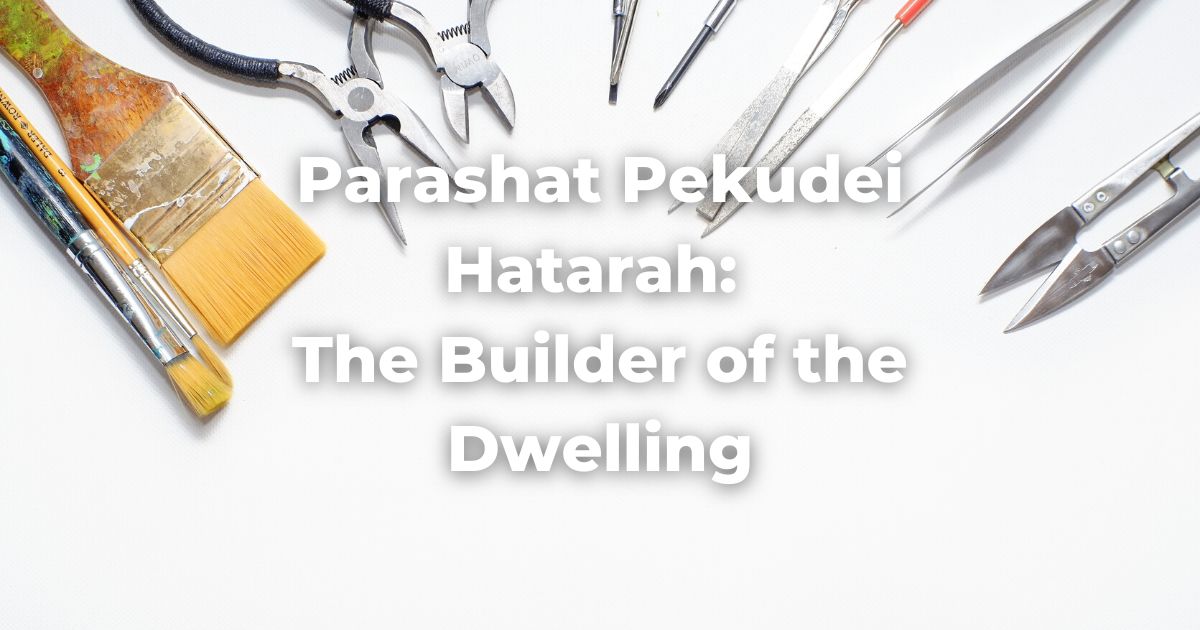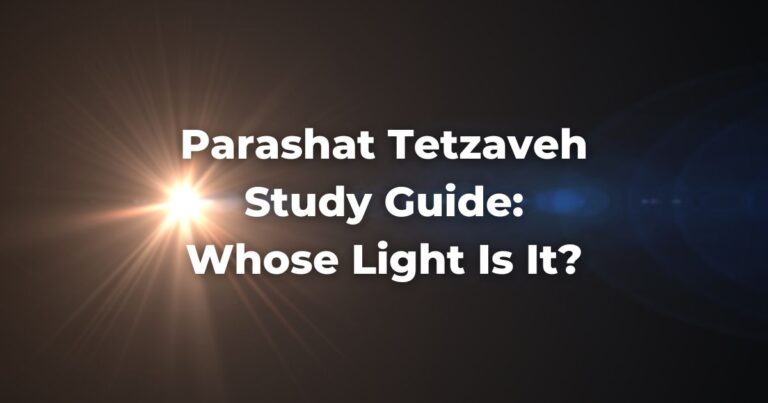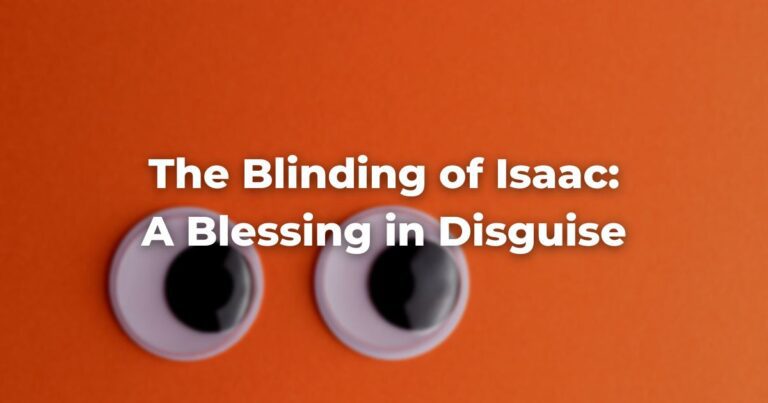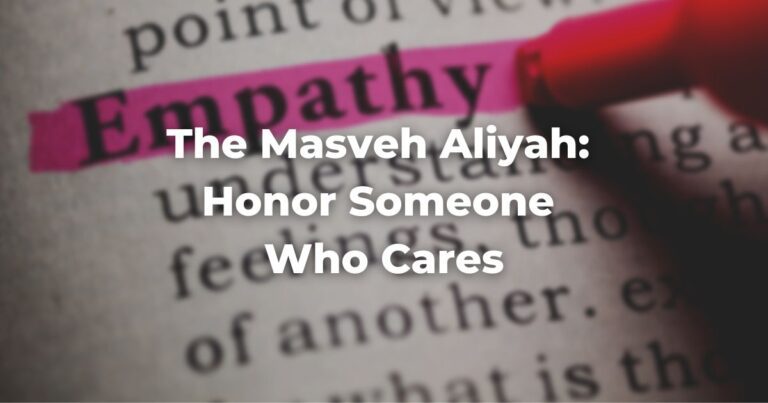In the beginning, God created the world, a habitation and home for humanity.
Creation of the world?
However, creation was not complete until this week’s parasha in which humanity built a home, the mishkan, for God. But there was still something missing. The mishkan was a traveling home. Just as we see in God’s punishment to Cain, God was set to be a restless wanderer with us.
It is not until this week’s haftarah, many hundreds of years later, that God allows us to build a true home for God. The Temple is built, and creation is complete.
Solomon, whose very name comes from shalom, completeness, is the one chosen to complete creation. After he does, by building the Temple, God comes to dwell in it. Solomon announces this completion with a beautiful verse. As Robert Alter translates, Solomon says, “I indeed have built You a lofty house, a firm place for Your dwelling forever (1 Kings 8:13).”
The idea of building God a dwelling place is bold. Humans become real partners for God in creation, in God’s image, we create for God. Solomon celebrates this, starting his declaration by talking about himself. He names himself as the builder of the dwelling, putting himself in direct relationship with God, not as a representative of all the builders or of all the Israelites or even of humanity, but rather as Solomon the individual.
The thing that Solomon says he has built is, as Alter translates, “a lofty house.” The word translated as lofty is zevul, which appears in only six other places in the Tanakh.
A home, a lofty house for God
Notably, it appears in Psalm 49, addressing the hubris of humanity in assuming that they can be like God. We read of humans, “their grave is their house forever, their dwelling place for all generations… Sheol is a habitation for them.” Here zevul is translated as habitation, which is located in the lowest place, totally cut off from God, in Sheol. Whereas God’s zevul is a lofty place, the zevul of humanity is death.
But Solomon also calls it “a firm place for Your dwelling.” This is a throwback to the Song of the Sea, which Moses recited. Moses sang, as Alter translates, “You’ll bring them, you’ll plant them, on the mount of Your estate, a firm place for Your dwelling You wrought, O LORD, the sanctum, O Sovereign, your hands firmly founded. The LORD shall be king for all time!”
Here, God’s dwelling is equated with human dwelling.
God is choosing to plant humans in the place in which God dwells. Moses celebrates that God will be the one who causes the Temple to be built, who makes Jerusalem our forever home.
Solomon’s use of the phrasing of Moses helps us to understand how humans, whose dwelling place is death, could possibly make a dwelling place for the God who gave us life.
It is through our agency as creations of God that we are able to create for God. When Moses and Solomon understand this, they are able to bring completeness to creation.
See more: Parashat Pekudei
Originally posted as part of the Conservative Yeshiva at the Fuchsberg Jerusalem Center’s Torah Sparks. Support Torah learning from the Fuchsberg Jerusalem Center/Conservative Yeshiva for leaders and seekers around the world here.
Authors
-


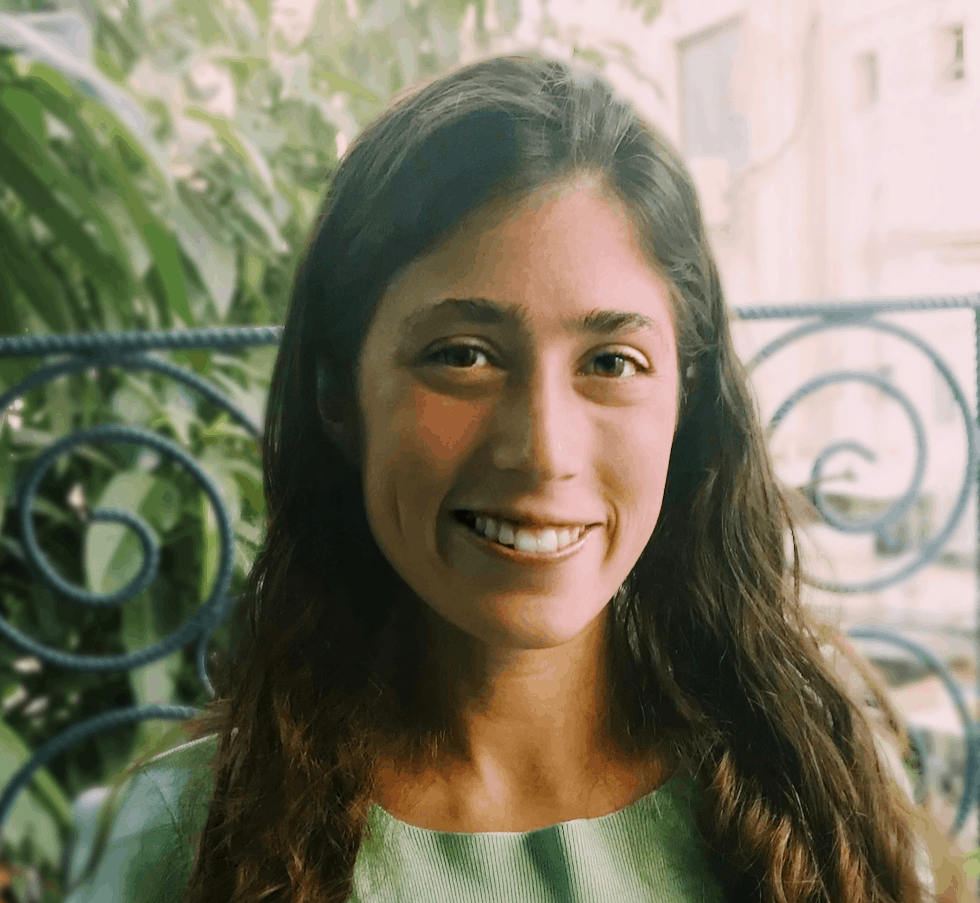
Bex Stern Rosenblatt is the Conservative Yeshiva’s Faculty-in-Residence for the Mid-Atlantic Region of the United States, teaching Tanach, using the techniques of close-reading, theater, feminist readings, and traditional commentators. Bex also directs the CY’s recruitment efforts in North America. After finishing her B.A. in History and German at Williams College, Bex received a Fulbright Grant to Austria. She later earned an M.A. in Tanakh from Bar Ilan University and has also studied at the Conservative Yeshiva and Bina Jerusalem. Bex is the founder of Havruta Tel Aviv, an organization that facilitates guided pair-learning of the Tanakh.
-



The Fuchsberg Jerusalem Center (FJC) is a home in the heart of Jerusalem where leaders and seekers can find an authentic place in Jewish tradition to call their own. FJC offers opportunities to study, pray and explore within an egalitarian and inclusive setting, creating multiple pathways for finding personal and communal meaning.
